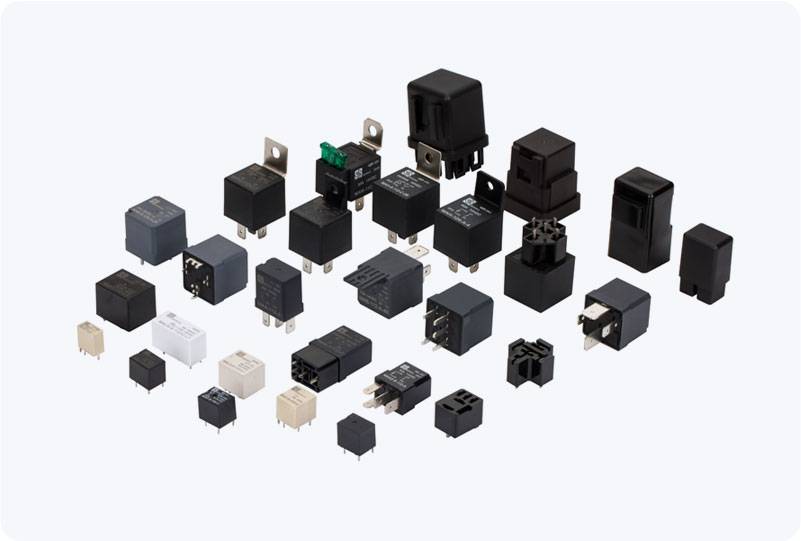understanding ce rohs certified relay: meeting safety and environmental standards
Release time:2025-06-24 16:47:33
In today's globalized market, manufacturers and consumers alike are becoming increasingly concerned about the safety, quality, and environmental impact of products. This is particularly true for electronic components, such as relays, which are used in a wide range of applications, from industrial automation to household appliances. Among the various standards and certifications that ensure the reliability and safety of these components, the CE and RoHS certifications are two of the most important. This article will explore the significance of CE and RoHS certifications, particularly in relation to relays, and how they contribute to the overall safety and environmental sustainability of electronic products.

What is a Relay?
A relay is an electrical component used to control a circuit by opening and closing contacts in response to an electrical signal. It acts as an intermediary switch, allowing low-power signals to control high-power circuits. Relays are commonly used in a variety of applications, including automotive systems, industrial machinery, home appliances, and telecommunications equipment.
Given their critical role in electrical systems, it is essential that relays meet specific safety, quality, and environmental standards to ensure they perform reliably and do not pose any risk to users or the environment.

